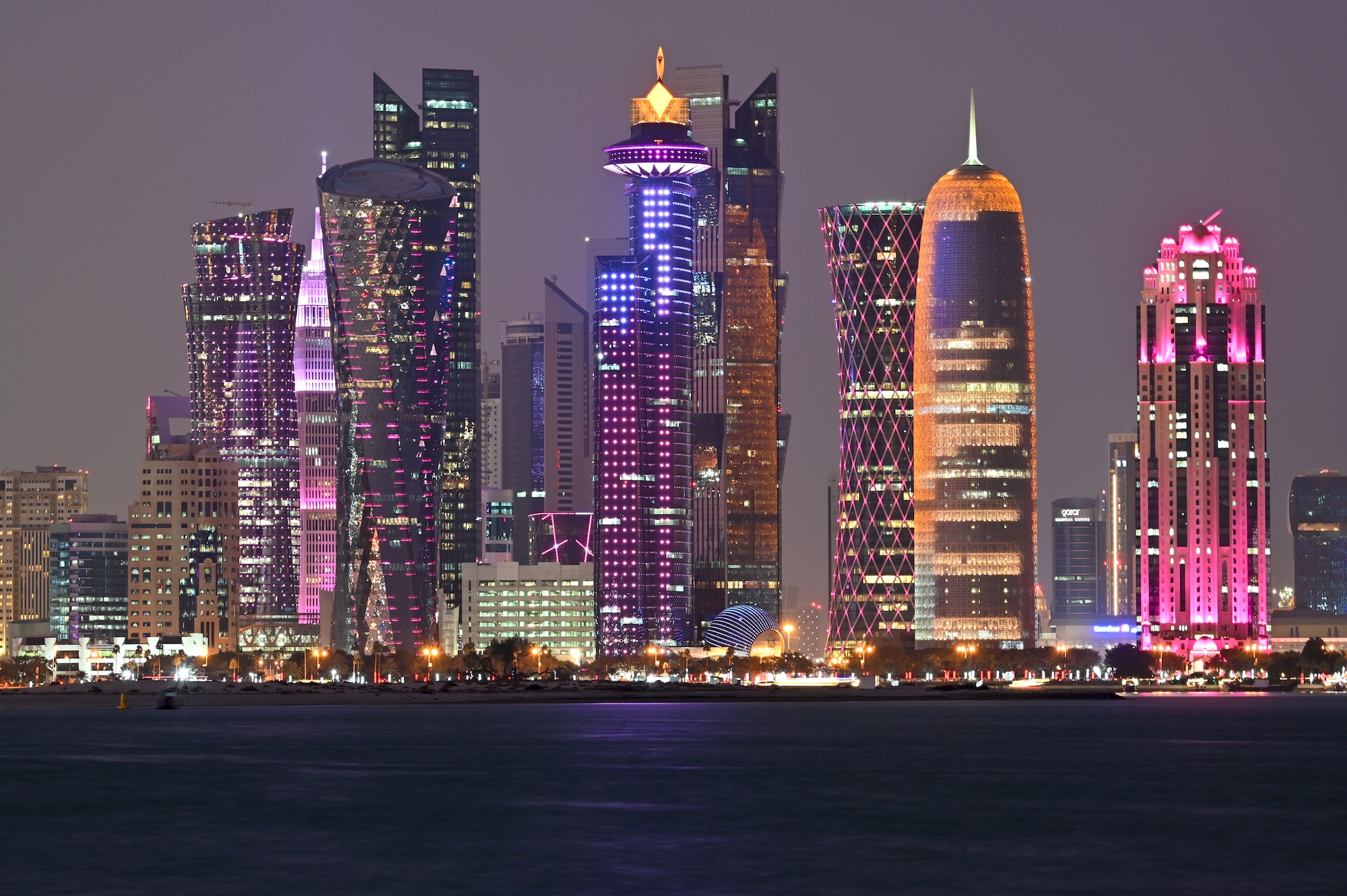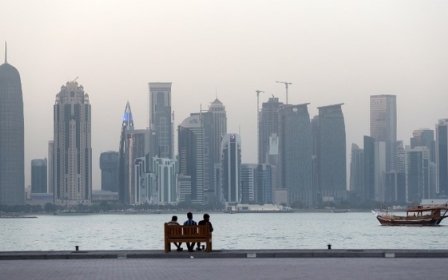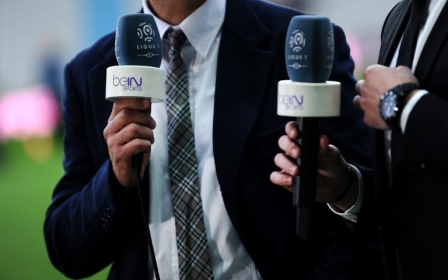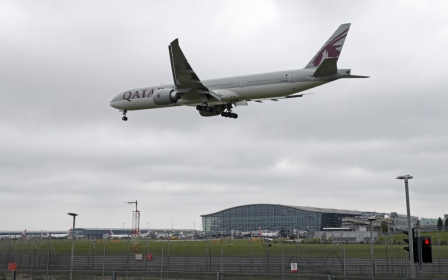Qatar-UAE discrimination case returns to UN court for public hearings

Public hearings for Qatar's discrimination case against the United Arab Emirates (UAE) began on Monday at the International Court of Justice (ICJ) in The Hague, spotlighting the three-year-long dispute between the Gulf neighbours.
Qatar has accused the UAE of creating a "climate of fear" for Qataris living there since a boycott by a group of Arab nations, including Saudi Arabia, Bahrain and Egypt, began in 2017.
The hearings at the ICJ, the United Nations' highest court for inter-state disputes, would be "devoted to the preliminary objections raised by the United Arab Emirates" against Qatar's case, with the UAE speaking first on Monday and Qatar responding on Wednesday, the court said.
Due to the ongoing coronavirus pandemic, the hearings will be taking place by video link from 31 August to 7 September, it added.
New MEE newsletter: Jerusalem Dispatch
Sign up to get the latest insights and analysis on Israel-Palestine, alongside Turkey Unpacked and other MEE newsletters
The argument between the Arab neighbours first began in 2017 when the UAE, Saudi Arabia, Bahrain and Egypt imposed a boycott on Qatar, severing diplomatic and transport ties and accusing it of supporting terrorism and siding with their regional rival Iran.
Doha denies the allegations and says the pressure is aimed at stripping it of its sovereignty.
In June 2018, Qatar filed a case with the ICJ accusing the UAE of human rights violations as a result of the boycott, including the expulsion of thousands of Qataris and a maritime and air blockade.
The ICJ then ordered the UAE to take emergency measures to protect the rights of Qatari citizens, pending the start of the full hearings in the case.
Special measures
In 2019 Abu Dhabi went back to court to seek special measures, including to stop what it alleged was Doha blocking its own citizens from accessing Emirati websites to ease travel issues.
It also asked the ICJ to order Doha to withdraw a separate discrimination case that it had lodged against the UAE with the Committee on the Elimination of Racial Discrimination (CERD), a body which upholds a 1965 UN treaty on equality.
UAE's request was overwhelmingly rejected by the ICJ judges.
Qatar meanwhile has won several of its first legal steps.
In July, the ICJ backed Qatar in a separate but related case specifically about the air blockade. Its rivals had appealed against a decision by the International Civil Aviation Organisation, the world civil aviation body, in favour of Qatar over sovereign airspace.
The ICJ was set up in 1946 after World War Two to rule in disputes between member states of the United Nations. The court's judgments are binding, but it has no means of enforcing them.
Any final ruling in the Qatar case could take years to reach.
Middle East Eye delivers independent and unrivalled coverage and analysis of the Middle East, North Africa and beyond. To learn more about republishing this content and the associated fees, please fill out this form. More about MEE can be found here.




